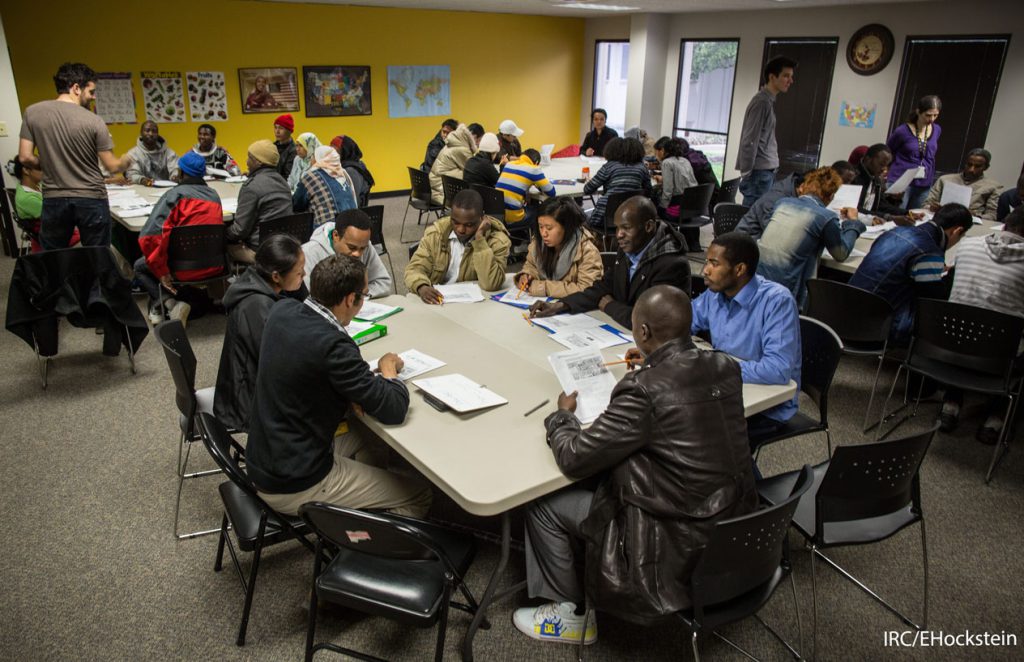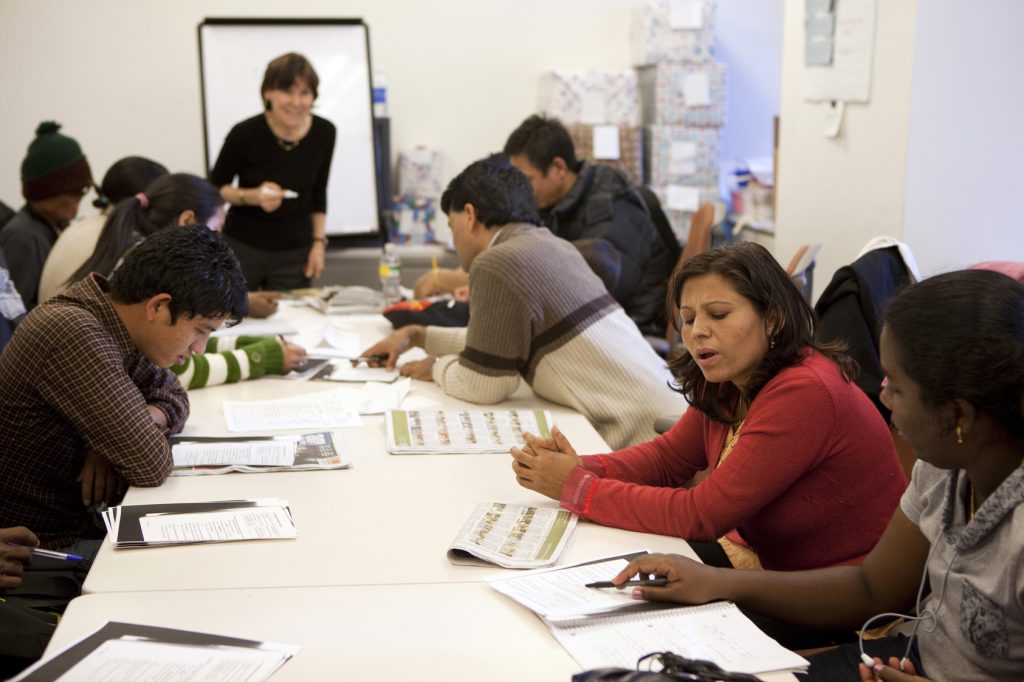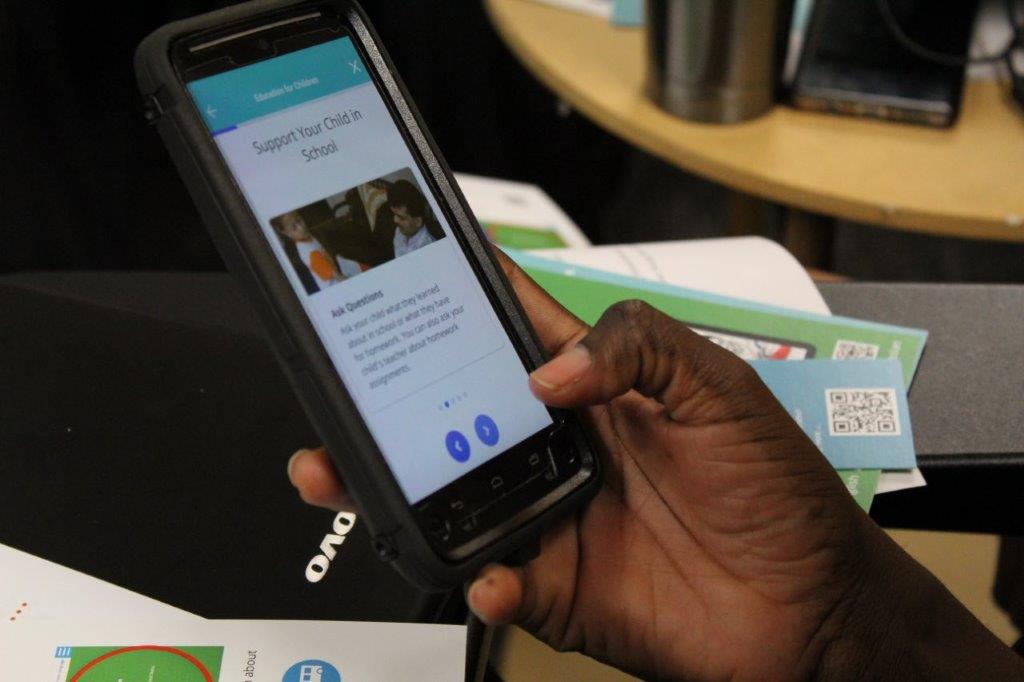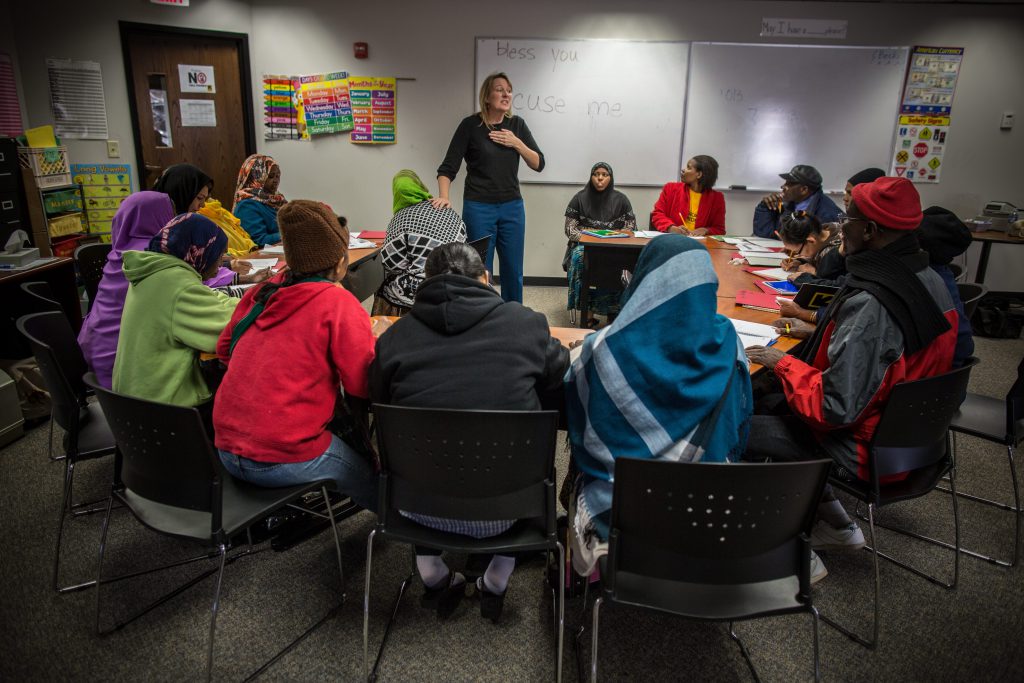
Research and Evidence
CORE is committed to effective Cultural Orientation programming that is grounded in research and evidence-based approaches and that applies effective practices. This page provides details on what this means and links to resources that support these outcomes.
Current Research and Evidence for Cultural Orientation
Based on recent literature mapping, which considered 30 articles, guides, framework documents, and studies from 2010 to 2021, Cultural Orientation programming should:
1. Be iterative in nature, with repetition across resettlement journey and a focus on skills, knowledge, and attitudes.
2. Delivered as a part of bundled services instead of a stand-alone form of programming.
3. Leverage social capital (i.e. community members and volunteers) to disseminate cultural orientation messaging and encourage better community integration.
4. Utilize digital learning platforms to disseminate cultural orientation messaging and give participants control of their learning process, including when and how they engage with the materials provided.
5. Recognize the diversity of refugee populations. Providing programming that uses a demographic-specific approach, allowing for better engagement, rather than a one-size-fits-all approach.
1. To practice iterative approaches and deliver Cultural Orientation as a part of bundled services:
2. To leverage social capital and encourage better community integration:
- Resources for Community Partners and Sponsors
- Promising Practice: Including Guests from the Community
- Promising Practice: Using Volunteers for Community Orientation
3. To utilize digital learning platforms:
- Promising Practice: Delivering Effective Remote Cultural Orientation
- How to Integrate Digital Technology in Cultural Orientation
4. To recognize diversity of refugee populations:
Taking an evidence-based approach involves using the best available practices, including well-researched evidence and interventions to design and deliver Cultural Orientation programming. Using an evidence-based approach signals a commitment to meet the unique needs of those receiving Cultural Orientation. In taking an evidence-based approach Cultural Orientation providers can optimize outcomes related to refugees obtaining the knowledge, skills, and attitudes needed to successfully integrate into the United States.
The term “effective practice” is the term used to describe best, promising, or innovative (or emerging) practices.
A best practice is a method or technique that has been proven to be highly effective and validated through the collection of comprehensive evidence obtain through research and evaluation. While a promising practice can also be highly effective, it has not undergone the same level of research validation as a best practice. There is still a level of evidence, but it’s generally less rigorous.
Promising Practices
Each promising practice includes step-by-step guidance, examples from the field, and tips for success. Promising practices use research and a thorough set of interviews with field practitioners.
Delivering Effective Remote Cultural Orientation
Including Guests from the Community
Delivering Gender-Segregated Cultural Orientation
Using Volunteers for Cultural Orientation
Whole-Office Approach to Cultural Orientation
How to Guides
Each how-to guide provides key principles for implementation, resources, and examples from the field. How to guides use research and when available, interviews with field practitioners.
Deliver Remote Cultural Orientation
Create Interactive One-on-one Cultural Orientation
Integrate Digital Technology in Cultural Orientation
Apply Cultural Humility in Cultural Orientation
Online Courses
CORE offers free self-paced online courses and webinars that cover a range of topics that align with best practices for delivering effective Cultural Orientation.
The Refugee Resettlement Journey
Navigating Identity and Inclusion in Refugee Resettlement
Integrating Digital Technology in Cultural Orientation
Additional Resources
Looking for more research and evidence? Review these websites to find additional effective practices, reports, evidence studies, and policy briefs on other refugee resettlement topics.





